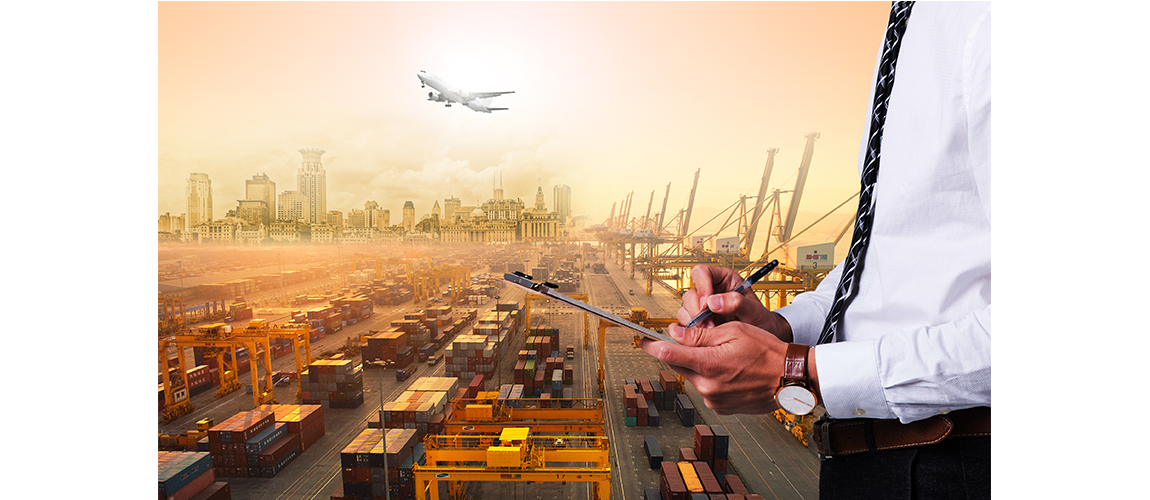In recent years, with the continuous growth of China's import and export trade and the emergence of diversified forms of trade, China has different requirements and control over the entry and exit declarations of different ports and different goods,
In response to market changes and improve the efficiency of cargo transport, the Division I set up a separate declaration department, The existing senior management and related functions and management personnel as well as the declaration& customs staff more than 200, Can operate Shenzhen, Guangzhou, Shanghai, Qingdao, Ningbo, Tianjin, Xiamen, Hong Kong and other major ports of the country's export customs business.
Our team of high quality, professional services, enthusiasm, to provide one-on-one service, professional answers to a variety of difficult problems.After continuous integration and improvement in recent years, the efficiency of customs clearance has been greatly enhanced. We are familiar with the customs declaration requirements of each port as well as the export rules. The customer only needs to provide a packing list, and all of the rest is done. It is our unshirkable responsibility to get each shipment smoothly and efficiently.
Service Scope:
1. Air&Sea and other general trade types of paperless declaration, the original document declaration;
2. Sinotrans warehouses and bonded warehouses normal customs clearance and transit customs;
3. Special commodity inspection, law seized;
4. Express cargo, exhibition cargo and other special forms of international cargo entry and export declarations;
5. Operation inspection cargo by customs, Export declaration of difficult cargo Consultation;
6. Lack of (or "no") export documentation of the goods declaration.
Helios doesn't customs declaration below commodity:
1. The wild animals and plants at the national protection level;
2. The chemical drugs and products of the state embargo;
3. National energy sources, such as mineral resources, coal resources, natural gas, petroleum, precious metals, etc.
4. involving goods that infringe intellectual property, such as audio-visual products, books, and other unauthorized categories;
5. Pollution of the environment or radioactive hazards;
6. Grain, edible oil, salt and so on outside the quota of state-owned resources;
7. involving goods that violate the law such as weapons, simulation weapons, drugs and so on.
8. other countries expressly prohibit the export of goods.



